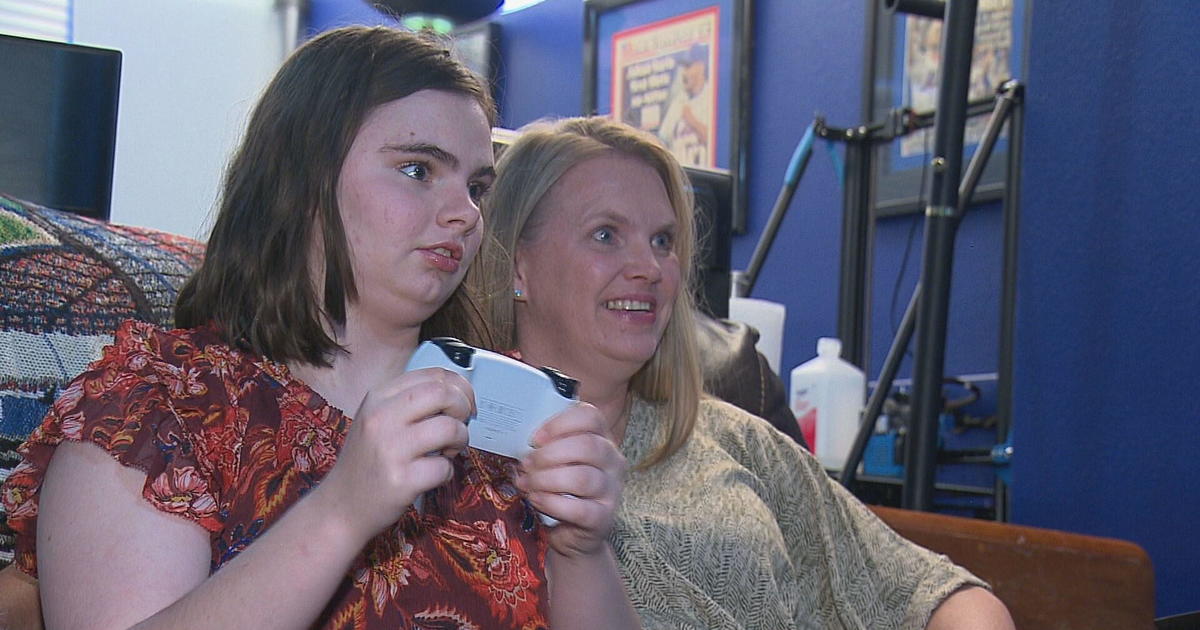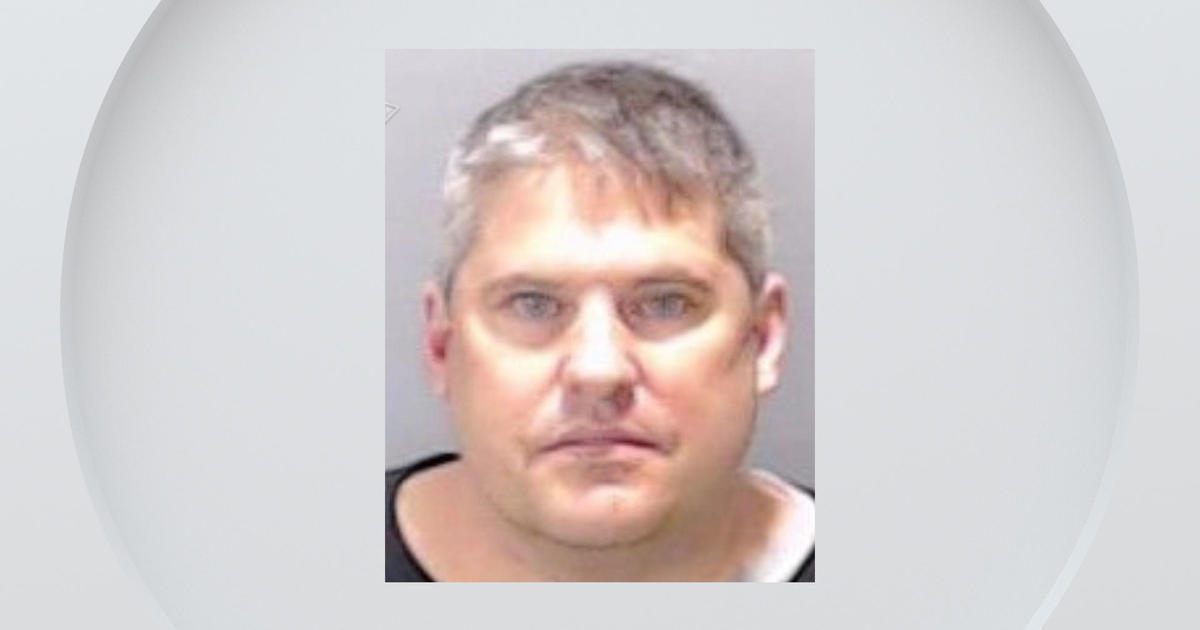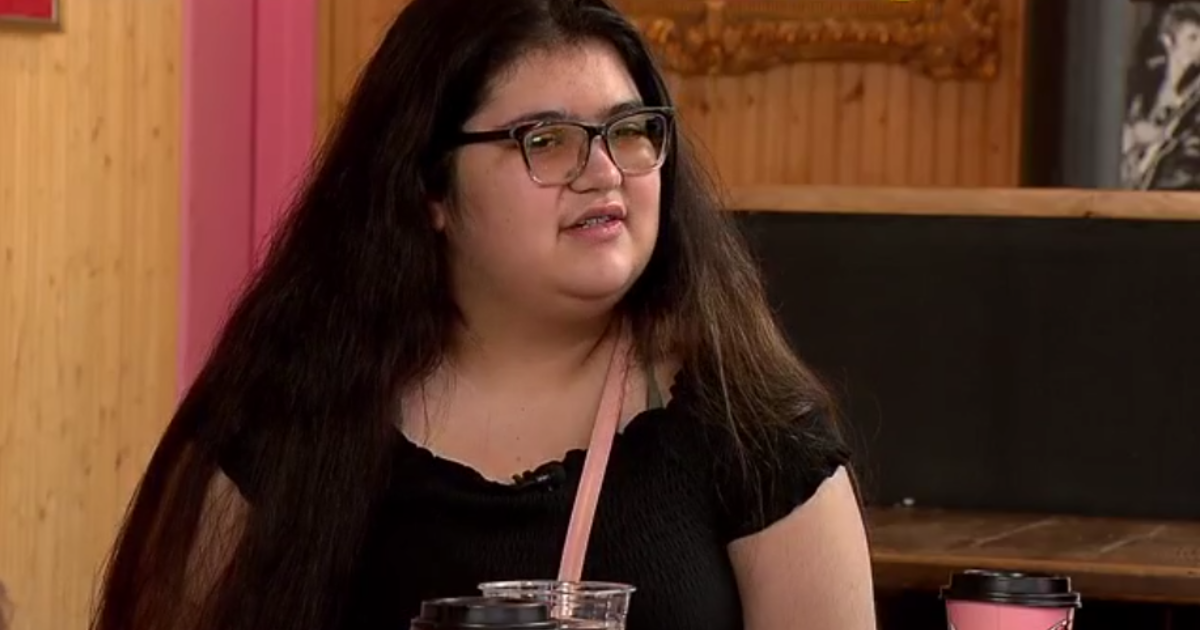A Vaccine That Works Better Than We Thought, Yet Most Don't Get It
(CBS4) - If you are the parent of a teen or pre-teen, don't be surprised if during your child's next medical visit the doctor really hits the importance of a vaccination against HPV, or human papillomavirus.
This is a three-shot series of vaccines that are supposed to fight off the family of viruses that cause cervical and other cancers, as well as genital warts and oral lesions.
We always knew the vaccine worked, but a new study in the Journal Pediatrics says it works even better than we thought.
Researchers looked at how the amount of of HPV in the blood of children vaccinated compared to those unvaccinated, and were surprised to see just how well the vaccine protected the virus from settling in the body where it can cause cancer and other problems years later.
The vaccine first came out about a decade ago, and this new research shows that it apparently cuts the risk of infection by more than two-thirds. At first, we only vaccinated females (and that's who were studied in this research -- but now we also recommend it in boys, which means the risk rate is probably even lower.)
But here's the problem. This voluntary series of vaccines is not being given at a very high rate. In other words, it works, but it only works if you get it. And most teens and pre-teens are not getting vaccinated. The rate for girls is about 40 percent, and the rate for boys about 20 percent.
Why so low?
Probably because we doctors are not doing a very good job explaining why the vaccine is a good idea. And there are some subtle reasons for that:
First is that the vaccine is not going to prevent a disease or a cancer that is going to show up right away, like measles or meningitis. It's really intended to begin to provide protection now, so that the virus never enters the body where it can take a decade or two (or more) to cause, say, cervical cancer.
Second is that the very subject of this vaccine is not a comfortable one … since it implies sexual activity -- that's the way this family of viruses is mainly spread. And third, why are we immunizing boys with this vaccine since we seem to focus on the term cervical cancer?
So often, we doctors don't talk about the vaccine, or if we do, are rather half-hearted in our recommendations.
Meaning, the next time your child has that teen or pre-teen check up and immunization update, don't be shy about asking about the pros and cons of this immunization.
For More Information:
www.cancer.org/cancer/news/features/who-should-get-the-hpv-vaccination-and-why
Dr. Dave Hnida is CBS4's Medical Editor. He blogs about the latest studies and trends in the health world. Read his latest blog entries, check out his bio or follow him on Twitter @drdavehnida



